Overcrowded schools and new rules for migrant children: how teachers in Tatarstan start the year
Key events and achievements in education in the republic in 2024
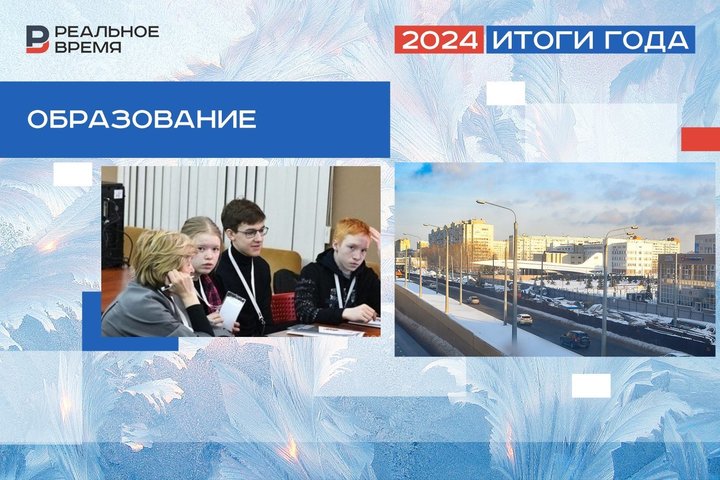
Last year, one of the main issues in Tatarstan's education sector was the lack of sufficient school and kindergarten spaces in the rapidly expanding suburbs of Kazan. Several Tatarstan scientists gained attention for non-scientific “achievements," while deputies of the Republic's State Council did not support a federal initiative to admit migrant children to schools only if they were ready to assimilate and study in a language accessible to teachers. What else will the year 2024 be remembered for by teachers in the republic? What new trends have emerged, and how do experts evaluate these events? Read the details in the Realnoe Vremya article.
Unscientific discoveries
In January 2024, it became known that three Tatarstan “scientists”, whose merits were appreciated not only by academic degrees, but also by high positions, were not such scientists at all, but literally copied their scientific works from more “advanced” colleagues. Moreover, among those who were disgraced was a police officer, who, according to common logic, should have been combating such actions, which, to those not strong in legal nuances, could be associated with terms like the unpleasant word “falsification”.
At the close of 2023, the Russian Ministry of Science and Higher Education revoked the Candidate of Economic Sciences degree from Venera Tuktarova, the deputy chair of AKIBANK PJSC and chair of the Permanent Commission on Socio-Economic Development and Budget of the City Council of Naberezhnye Chelny. At the same time, Lyaysan Arsentyeva (Ashkatova), Associate Professor at the Kazan Federal University, and Tatyana Derbeneva, the director general of Audit TD PLC in Naberezhnye Chelny, also had their academic degrees revoked. Their academic advisor, Olga Shmeleva, a police lieutenant colonel and head of the Department of Economics, Financial Law, and Information Technologies at the Kazan Law Institute of the Ministry of Internal Affairs of Russia, had her Doctor of Economics degree revoked earlier in March 2023. .
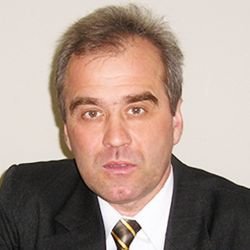
Overcrowded school is the fruit of uncontrolled construction
The year 2024 became the year of struggle for the right of Bogorodskaya Secondary School students to receive knowledge in normal conditions for their parents. It began with that the republican Department of Rospotrebnadzor finally responded to numerous complaints from parents of students of an old rural school in the suburbs of Kazan. Designed for 247 students, it has been receiving twice as many children living in Bogorodskoye and neighbouring villages for two years.
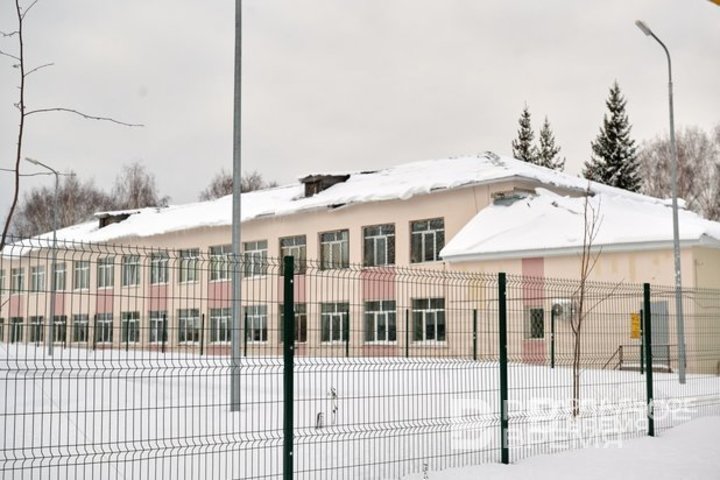
All rooms, including basements, have been adapted for educational purposes, teachers do not have a normal staff room left, and students do not have enough space during recess in recreation areas, but officials suggest that residents of Bogorodskoye rural settlement wait until a new school in Gildeevo is built in 2036-2041, where massive residential development is planned to begin in the near future. Then the prosecutor's office also appealed to the court, suing the municipal authorities and the Cabinet of Ministers of the Republic of Tatarstan for the obligation to ensure the accessibility of education to children from Bogorodskoye rural settlement through the construction of educational institutions.
However, both processes were essentially lost. According to the claim of Rospotrebnadzor, a half-hearted decision was made — “partially satisfied”, and the prosecutor's office's claim, which demanded that the municipal authorities and the Cabinet of Ministers ensure public access to education for children from Bogorodskoye rural settlement through the construction of educational institutions, was rejected as “obviously unenforceable.” The higher courts overturned these decisions and sent the cases for a new hearing, but in December 2024, the Pestrechinsky district court issued new refusals.
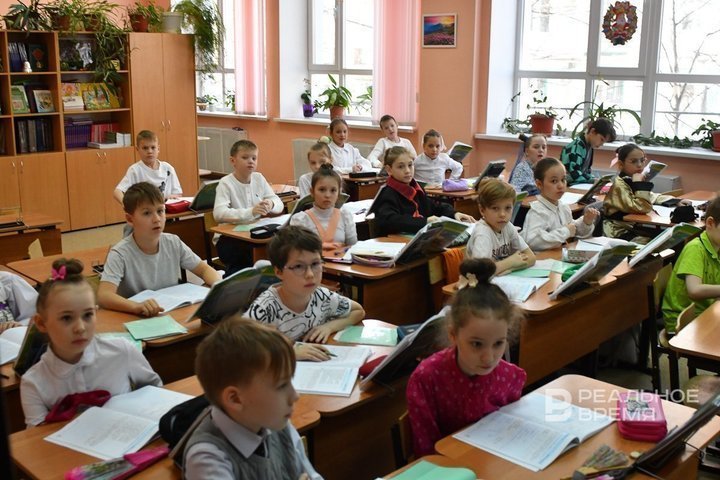
All attempts by parents and supervisors to ensure that children study in normal conditions are defeated by the “reinforced concrete” argument of officials, which is that many residents who purchase housing in the Kazan suburbs do not register their children there, and there are enough places in educational institutions for “registered” children. This has been repeating for many years: parents go to great lengths to register their children in Kazan, assigning them to any decent school, even if it is far away, because there are no schools near their place of residence. But there are no schools at the place of residence, because children are not registered at the place of residence.

“Both federal deputies and Tatarstan deputies are right”
At the end of 2024, the Tatarstan State Council refused to support amendments to the federal law “On Education in the Russian Federation”, which provide for the admission of migrant children to secondary schools only if they successfully pass the test “on knowledge of the Russian language sufficient to master educational programmes”.
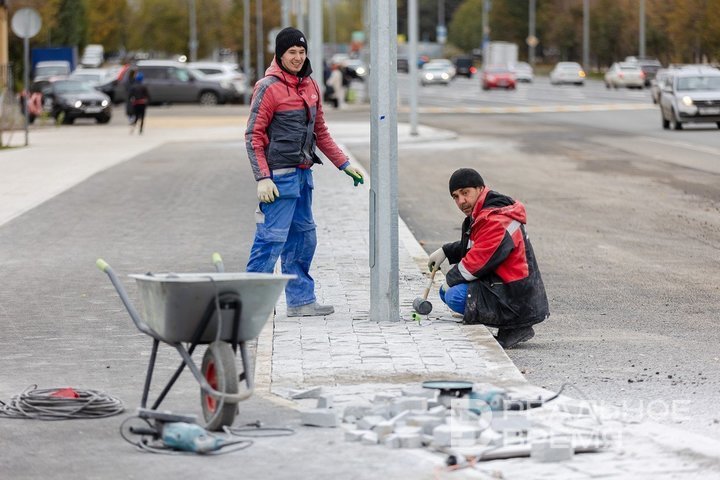
The good impulse of Russian lawmakers, who indicated in the explanatory note to the bill that basic language proficiency is necessary “for the possibility of learning and mutual understanding with peers and teachers in order to ensure guarantees of the rights of all students equally," was shattered by the arguments of the Chairman of the State Council of the Republic of Tatarstan Farid Mukhametshin and a number of deputies who believe that, except in school, There is no place for Russian children of migrants, and refusal of admission to school threatens that they will end up “on the street” and become “bandits”.
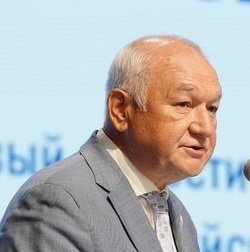
Gilmutdinov noted that in any case, regulation in this area is necessary — the fate of those who failed the tests should be determined either by law or oblige the Ministry of Education to develop an algorithm of actions by government decree. Preparatory or adaptive groups should be created for them, as has already been done in some regions. For example, in Tatarstan, he recalled, the House of Friendship of Peoples is working in this direction.